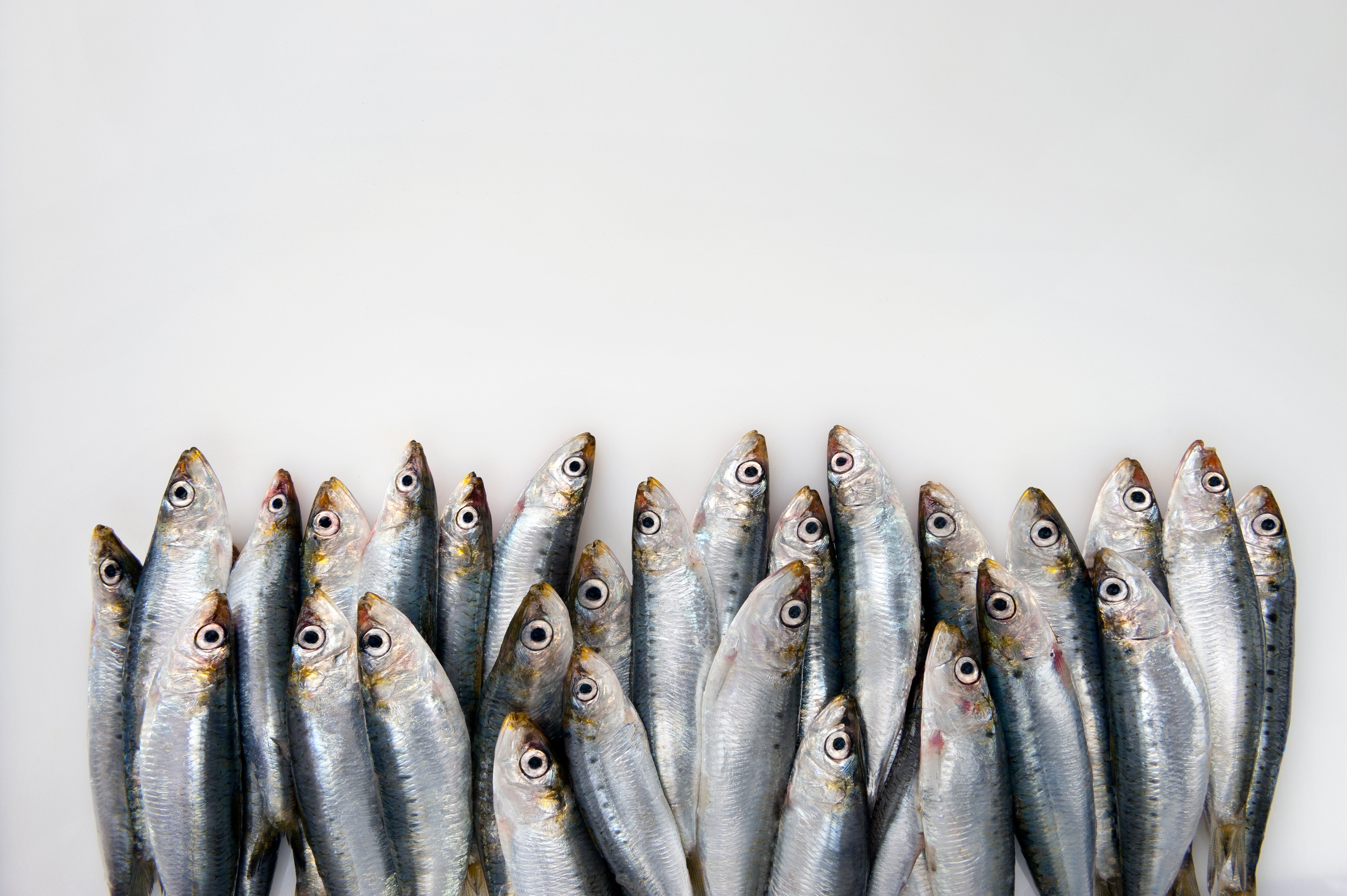
This article originally appeared on extracrispy.com
I was born and bred in the suburbs east of Atlanta, at the foothills of the massive, granite monadnock Stone Mountain. I know what it means to be a native Southerner. What I didn’t learn from growing up here, I learned from my mother who grew up in Huntsville, Alabama. She taught me about my heritage, my ancestors, and Southern culture through food: most notably, breakfast. I also learned the other part of me, that the Nigerian heritage signified through my first and last name many sputtered to correctly pronounce, needed a space to be learned and to be accepted—chiefly by me.
Weekends were special, especially Saturday mornings. They spilled into early afternoon and were filled with jazzy, soulful R&B tunes blaring from a speaker downstairs as my mother delegated chores around the house. Slicing, dicing, and chopping for breakfast on our kitchen’s paisley pink countertops. Fried eggs sizzling in canola oil. Bacon grease popping from the seasoned cast iron skillet. Salmon croquettes crisping in the oven. Freshly-baked buttermilk biscuits browned and buttery, sitting idly in a wicker basket covered with a burgundy cloth. Homemade apple butter in a mason jar waiting to be slathered on them.
One Saturday in particular, when I was around 13 or 14 years old, the tune was different. My mother had gone to run an early morning errand, knocking our family out of our usual Saturday routine. The quietness of the house echoed and ricocheted off the high ceilings downstairs.
Subscribe to our daily newsletter for the latest in hair, beauty, style and celebrity news.
For the first time I could recall, my father stood at the counter where she cooked breakfast on Saturdays. The shock of the switch was daring me to become reacquainted with the part of my own self that coursed through my veins, flowing from an ocean and a continent away from what I knew as home—the West African part. I could easily shift it to the side when I heard my father speaking Igbo to friends on the phone, witnessed him hungrily chomping on kola nuts or panting like a dog after eating yet another bowlful of spicy beef stew for dinner. It was easier to keep a safe distance—but not this morning, in this kitchen, with these sights, sounds, and smells.
My father made Nigerian-inspired scrambled eggs, yellow yolks mixed with chili powder, salt and pepper, diced onions and tomatoes, and a can of sardines. I had zero familiarity with sardines, as far as how they tasted. I’d only seen sardines when my father would open the small, rectangular tins and top a saltine with one of the little fishies for his own, private snack. It was gross and odd, something I couldn’t wrap my mind around. Just as when I saw my father splitting the sardines in half to remove tiny bones running the length of their bodies, only to dump them in a huge mixing bowl with scrambled eggs, I became squeamish.
I didn’t ask any questions, even though my curiosity was piqued.
I only stared intently, taking note of my father’s purposeful movements, which differed greatly from my mother’s frenzied pace and bravado in front of the stove. I watched as he poured hot canola oil in a skillet over a roaring flame, tossing the diced onions and swirling them around the oiled surface, then adding the tomatoes. Next were the eggs, with chunks of sardines, salt and pepper, and chili powder, meeting the onions and tomatoes and mixed in all their glory.
Then when he was finished, turning the cooked eggs into a massive plate. Waiting for me to come closer. To take a taste. To reacquaint.
It was so different. It smelled fishy. I frowned. I hesitated. I wanted no part of it. But eventually, as I saw the wisps of heat rising from the eggy mound, I poked a fork into it and scooted some of the scramble on my plate. I tossed some in my mouth and concluded it didn’t taste half bad. It didn’t taste bad at all. It was different—but it was OK.
I was OK, too, although at the time, a pubescent teenager, I didn’t think I was.
Back then, I was consumed with the confusion of being both a Southerner and Nigerian, of being in two different worlds, existing in separate spaces yet not readily belonging in either outright. I was in and out, confused and clear, ashamed and proud.
For most of my life I’ve juggled these feelings, often while eating breakfast, Southern or Nigerian style. I’ve contorted myself into a muddled understanding of what it means to be a first-generation child, the daughter of an immigrant, but also the daughter of an American. I’ve attempted to make peace through learning, eating, and listening. My internal tussles felt like they would be endless and only recently calmed as I turned 30 a few months ago. I steadily come back to breakfast. I always return to it as my square one.







Reflecting back on those rare mornings when my father cooked breakfast for me and I had scrambled eggs with peppers, onions and sardines instead of fried eggs, salmon croquettes, and buttermilk biscuits with apple butter, I can see how duality doesn’t have to mean duplicity or choosing a side.
Duality can mean two parts merging to make a person who is able to embrace and nourish all of who they are. I am wholly awake.
Nneka M. Okona is an Atlanta based writer and Madrileña at heart with café con leche, pan con tomate, and tinto de verano always on her mind.






